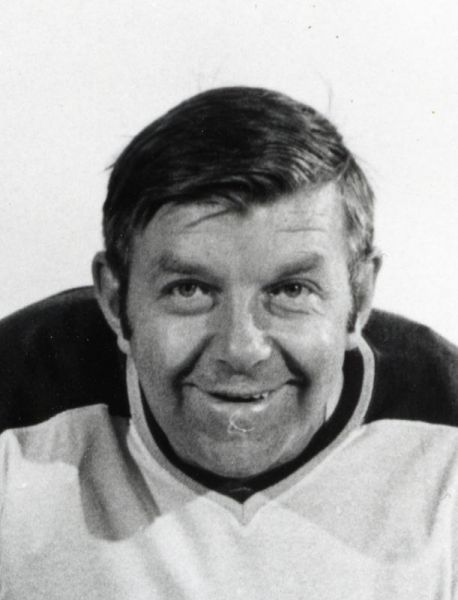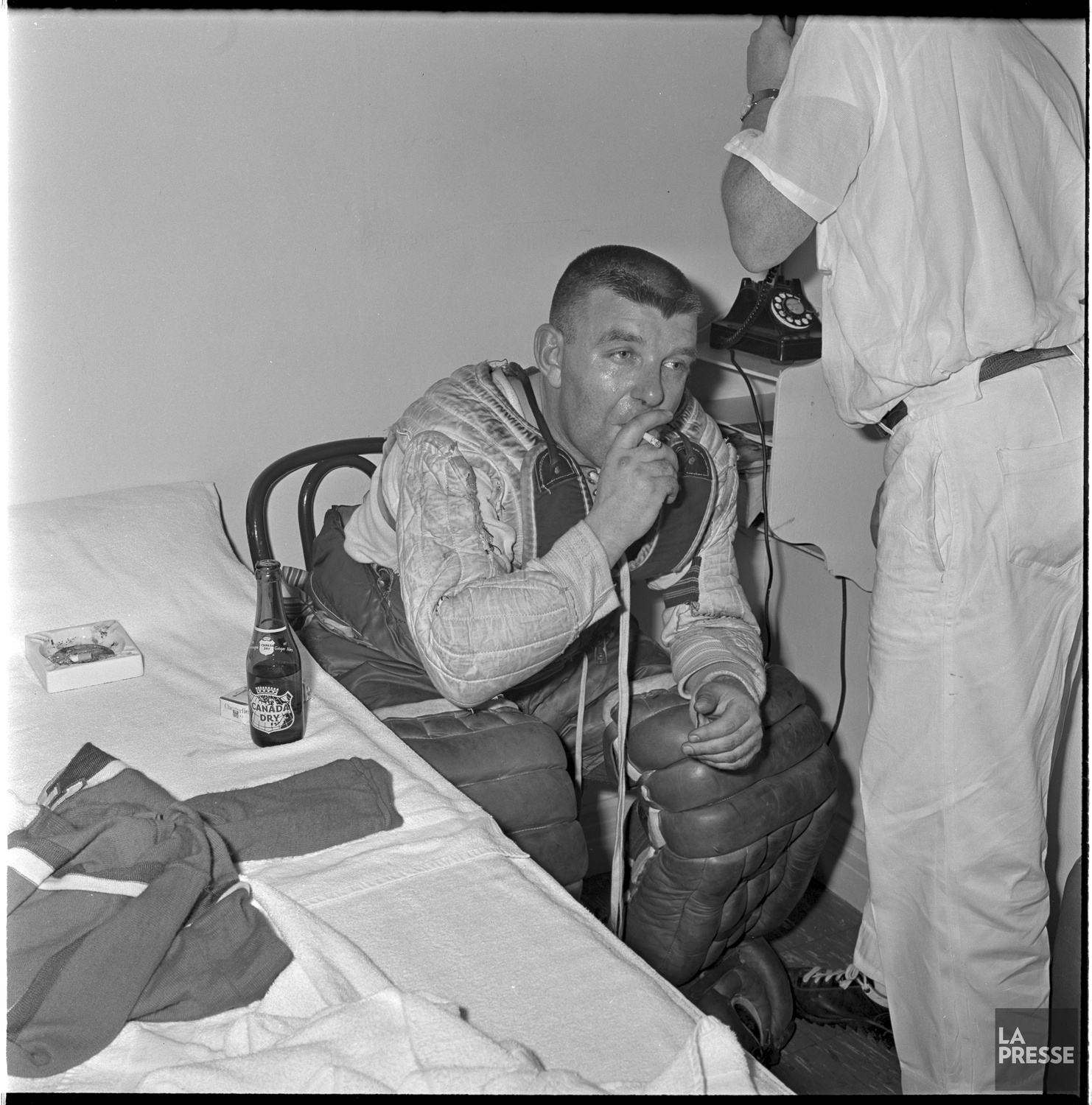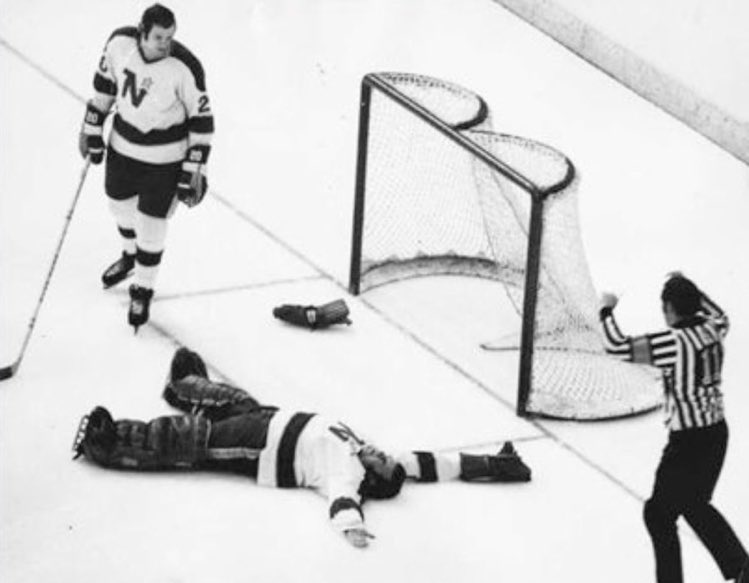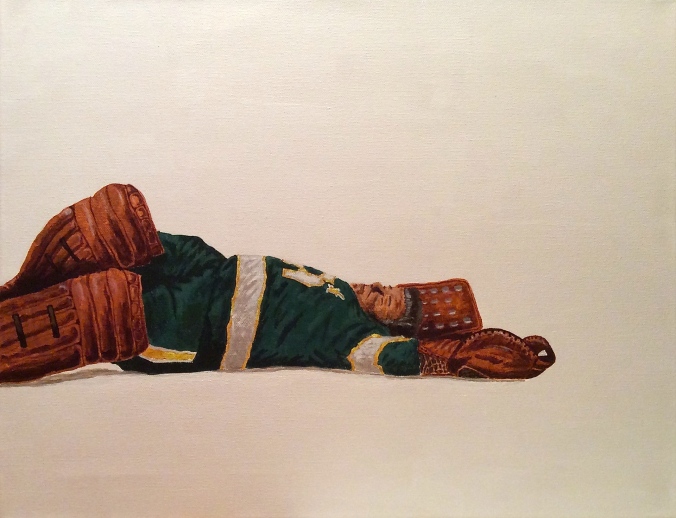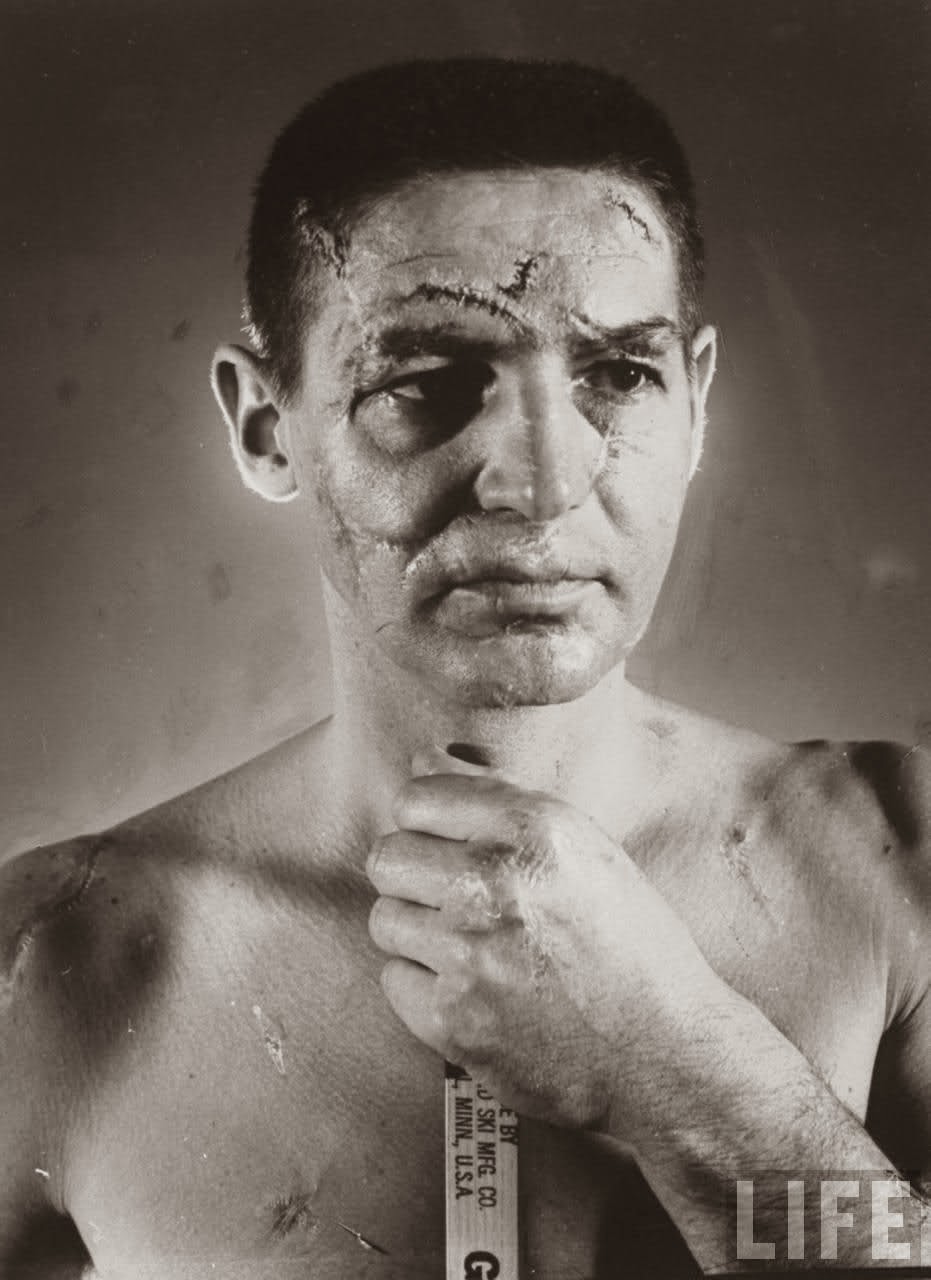In Remember (My Visit) To The Alamo series, I wrote on the controversy surrounding how Davy Crockett died, in the course of which I mentioned his background along with his opposition to the Indian Removal Act while serving in Congress.
I've gone back to look at his speech on the Act, delivered on May 19, 1830.
The Indian Removal Act, proposed by President Andrew Jackson, with the enthusiastic support of most of the white population in the south, was designed to remove members of the Five "Civilized" Tribes (Cherokee, Chickasaw, Creek, Choctaw, and Seminole) (1) from the southeast, moving them to what later became the state of Oklahoma. The Jackson Administration required funding for the proposed action, which led to the Indian Removal Act.
David Crockett was first elected to Congress from Tennessee in 1827 and then reelected in 1829. His Congressional district bordered Chickasaw lands, and he had a long acquaintance with many of the tribes, particularly the Cherokee and he'd fought the Creeks during the War of 1812.
Walt Disney's Davy Crockett series portrayed his opposition to the Act very prominently in the second part of the three part series that created a nationwide sensation in late 1954 and early 1955. Here is how the speech is portrayed in that episode, broadcast on January 26, 1955. I watched the entire series either when first broadcast or when it was rerun later in 1955 or in 1956. And, yes, I had a coonskin cap. Crockett was played by Fess Parker, who in the 1960s went on to star as Daniel Boone in a long-running TV series. Davy's sidekick is played by Buddy Ebsen, who later went on to discover Texas Tea in The Beverly Hillbillies.
While the fact of Crockett's opposition is actually shown, the context and content of his speech was quite different, as was his appearance - in Congress, Rep Crockett dressed like his fellow representatives - he did not wear a coonskin cap.
You can find his actual speech, or more precisely a "Sketch" of his remarks, here. Excerpts:
He did not know whether a man (that is, a member of Congress) within 500 miles of his residence would give a similar vote; but he knew, at the same time, that he should give that vote with a clear conscience. He had his constituents to settle with, he was aware; and should like to please them as well as other gentleman; but he had also a settlement to make at the bar of his God; and what his conscience dictated to be just and right he would do, be the consequences what they might.
He had always viewed the native Indian tribes of this country as a sovereign people. He believed they had been recognised as such from the very foundation of this government, and the United States were bound by treaty to protect them; it was their duty to do so.
Mr. C. said that four counties of his district bordered on the Chickasaw country. He knew many of their tribe; and nothing should ever induce him to vote to drive them west of the Mississippi.
No man could be more willing to see them remove than he was if it could be done in a manner agreeable to themselves; but not otherwise. He knew personally that a part of the tribe of the Cherokees were unwilling to go.
It had never been known that white men and Indians could live together; and in this case, the Indians were to have no privileges allowed them, while the white men were to have all. Now, if this was not oppression with a vengeance, he did not know what was.
If he should be the only member of that House who voted against the bill, and the only man in the United States who disapproved it, he would still vote against it.
The vote was close, but the Act passed the House by a vote of 102 to 97. Rep Crockett was the only member with the tribes either in their district or adjacent to their lands to vote against the bill. David lost his bid for reelection in 1831, due in large part to his vote on the Removal Act. He regained his seat in 1833 before being defeated again in 1835. Following this defeat, and disgusted by the Jackson/Van Buren administration, he decided to stake his future in Texas. He arrived in San Antonio on February 6, 1836 and died a month later, along with the other defenders of the Alamo.
And nearly two centuries later we are still grappling with the legacy of earlier treaties with the tribes resettled in Oklahoma as seen by this week's Supreme Court case which addressed the complications raised by the Court in its previous decision on those treaties and the nature of Indian sovereignty, issued only two years ago.
--------------------------------------------------------
(1) The term "civilized" is used to distinguish these tribes from those in other areas of the country and in different eras. These tribes all had established treaty relations with the United States and they were in compliance with those treaties. The treaties established them on lands across the southeast and each tribe had organized governance structures and were pursuing agricultural and settled ways. There was also considerable intermarriage between whites and tribe members. This was a very different scenario from federal relations with the nomadic tribes of the Great Plains like the Sioux and Comanche.


